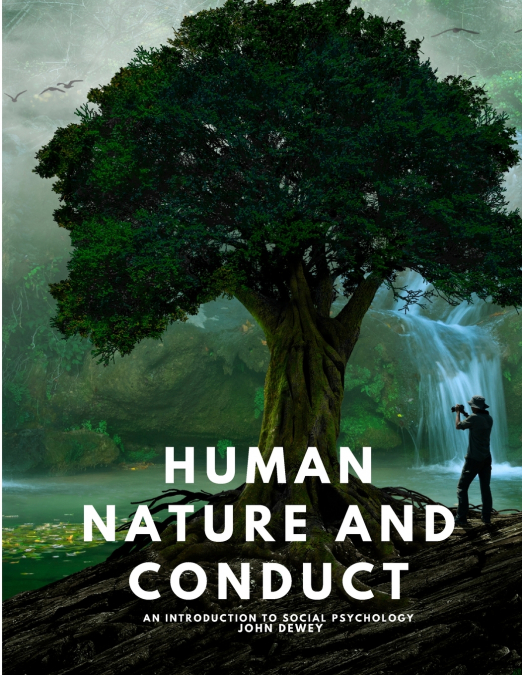
 Librería Perelló (Valencia)
Librería Perelló (Valencia)
 Librería Aciertas (Toledo)
Librería Aciertas (Toledo)
 El AlmaZen del Alquimista (Sevilla)
El AlmaZen del Alquimista (Sevilla)
 Librería Elías (Asturias)
Librería Elías (Asturias)
 Librería Kolima (Madrid)
Librería Kolima (Madrid)
 Donde los libros
Donde los libros
 Librería Proteo (Málaga)
Librería Proteo (Málaga)
In the spring of 1918 I was invited by Leland Stanford Junior University to give a series of three lectures upon the West Memorial Foundation. One of the topics included within the scope of the Foundation is Human Conduct and Destiny. This volume is the result, as, according to the terms of the Foundation, the lectures are to be published. The lectures as given have, however, been rewritten and considerably expanded. An Introduction and Conclusion have been added. The lectures should have been published within two years from delivery. Absence from the country rendered strict compliance difficult; and I am indebted to the authorities of the University for their indulgence in allowing an extension of time, as well as for so manycourtesies received during the time when the lectures were given. Perhaps the sub-title requires a word of explanation. The book does not purport to be a treatment of social psychology. But it seriously sets forth a belief that an understanding of habit and of different types of habit is the key to social psychology, while the operation of impulse and intelligence gives the key to individualized mental activity. But they are secondary to habit so that mind can be understood in the concrete only as a system of beliefs, desires and purposes which are formed in the interaction of biological aptitudes with a social environment.' John Dewey